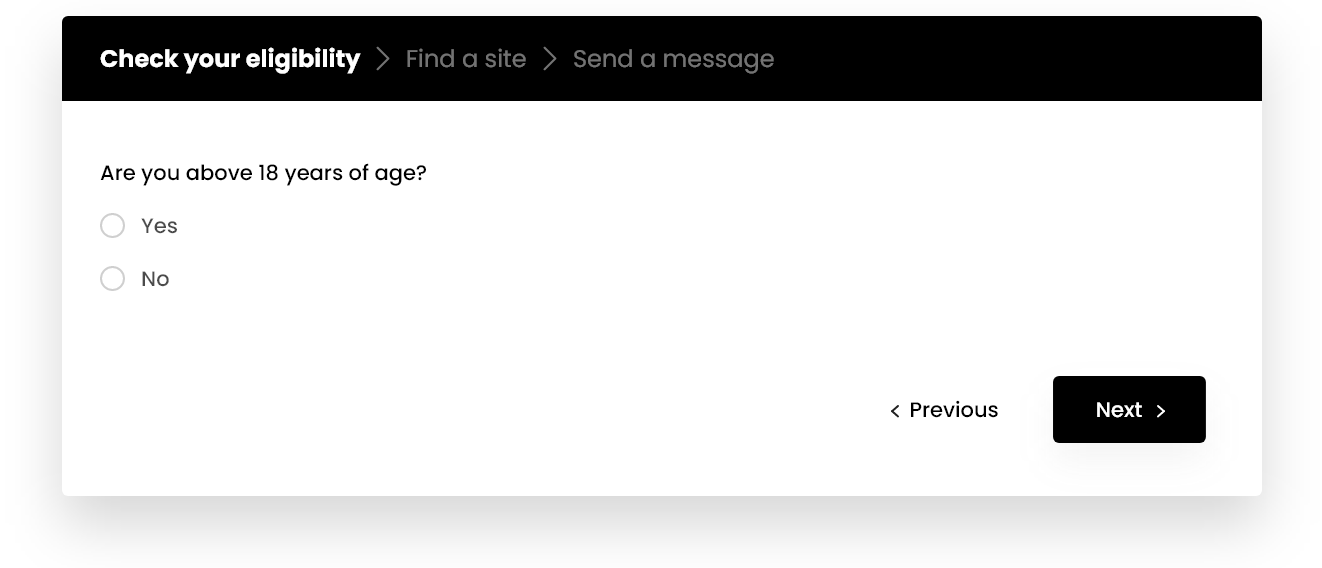The study medication is a special form of protein that is expected to be able to prevent the immune system from destroying cells that produce insulin. Now, scientists can make these proteins in the laboratory to help treat many illnesses. This protein may save the insulin producing cells in the pancreas.
There is a chance that you will receive placebo. A placebo looks like the medicine being tested and is also given in the same way as the medication that is being studied, but it does not have any medicine in it.
If you are already on insulin, this will be continued.
Sanofi is currently conducting 3 different clinical studies aiming to preserve function of insulin producing cells in participants with a recent diagnosis of Stage 3 of T1D.
Check out if you are eligible for these studies and if there are participating site(s) near you.









